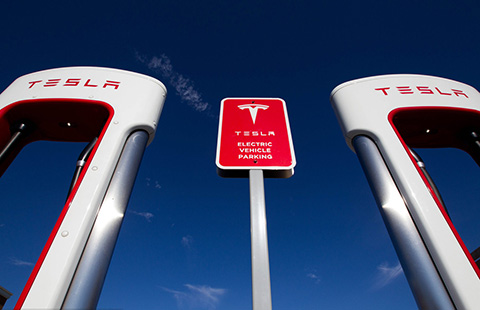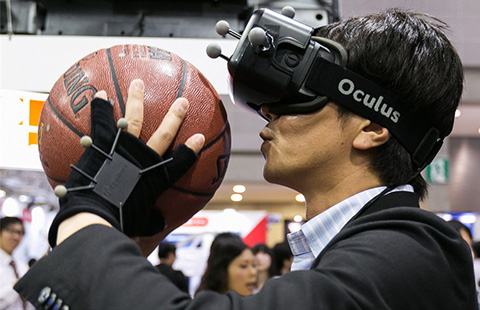Making up Mindray
By Cecily Liu (China Daily) Updated: 2012-11-30 17:33After the acquisition, Mindray sent some R&D staff from Shenzhen to visit European clients through Datascope's existing connections. "Datascope's channels function as an introduction, through which our R&D team learnt more about customer needs," he explained.
But one challenge Mindray still faces is overcoming prejudices about the quality of Chinese products.
"This is particularly a challenge when it comes to customers in developed markets like Europe and the US," Yin says.
"We have to continuously explain to them that Chinese products are not just cheap exports, because China has many high-tech companies, many highly skilled employees, and many companies that understand clients' needs and are keen to solve clients' problems."
The quality of Mindray's products has won the trust of its customers, but Yin says that he hopes more high-tech Chinese products can find success in Europe.
Meanwhile, Mindray has strengthened its presence in developing markets through price advantage, so to put "healthcare within reach", as the company slogan says.
Mindray's ability to understand the needs of developing countries' customers is a crucial message in Yin's speech at last month's World Medtech Forum Lucerne, in Switzerland.
"Many European or North American medical devices companies are talking about the whole market shrinking, but the reality is that only 1 billion out of 7 billion people globally live in developed countries. To offer affordable products for the remaining 6 billion people is Mindray's advantage," he explained.
Mindray's expansion into the European market is similar to many privately-owned Chinese businesses that are motivated to expand overseas by commercial opportunities as well as Chinese government policy initiatives.
For example, the government encouraged privately owned businesses to expand internationally in its 12th Five-Year Plan (2011-15).
Yin said that he is glad that Mindray has received great support from the Chinese government over the years, particularly in intellectual property rights protection.
"IPR is a key asset for high-tech companies like Mindray. We have noticed that China's patent laws have become much more complete and their enforcement much more stringent over the past decade," he says.
Mindray applied for its first patent in 1997. To date it has received over 1,000 patents, of which over 200 are overseas patents, Yin says.
"Back in the days when IPR enforcement was poor, no Chinese company dared to invest in R&D, but now many Chinese companies invest heavily in R&D.
"With great support from home, we are committed to invest globally, and we hope our success will improve the image of Chinese products in Europe and beyond."
cecily.liu@chinadaily.com.cn
- Lenovo supports employee start-ups
- Two wind power plants to be built in South Pakistan
- State Council issues circular to boost private investment
- More lock-up shares eligible for trade
- Textile, garment exports to Central Asia, Russia increase sharply
- Chinese-aided power plant project to help meet Pakistan's energy needs
- China makes it easier for Africans to access consumer goods: expert
- Brexit offers opportunity to country's auto sector, buyers


















